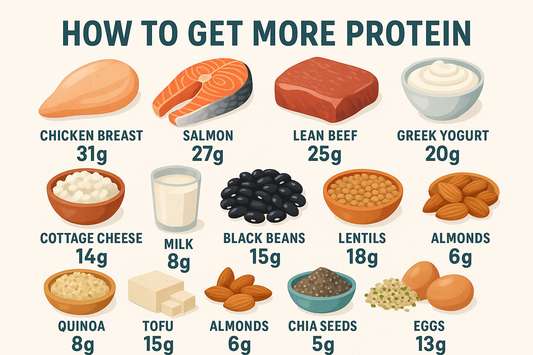
These five mistakes are made often by people of all abilities and disciplines. Here’s how to recognise and tackle them:
You’re Running Too Fast and Too Soon
If you run too much over an area of land before you are able, you are risking injury which can hinder your progress. To give your mind and body time to adapt to the sport, find yourself lots of runway so you can increase your mileage.
Slowly get back into running faster and longer. For example, if you run nine miles a week, add just one more mile the next week. Once you have built this up, you can add more miles over the coming weeks.
Being Too Concerned About Pace
Always pay attention to what your body is telling you. Lots of factors can affect your pace and the way you run normally e.g weather conditions, your health etc. Do not allow yourself to be dictated by pace, so train by effort instead. This will help you get the best out of your performance, and your pace will be the end result.
Training Excessively On Rest Days
It is essential to recovery to do an easy run, or light gym session, a day after an intense workout. This will help all athletes to heal properly and adapt to their training. Activities such as swimming or cycling are good choices to aid recovery. If you choose to do some light running, incorporate some run-walk intervals into it. Run for about two minutes, then walk for another two and repeat.
Not Taking Time To Train
Doing too much training for a race in a short amount of time is a bad idea, as you are risking serious injury. It could also put you off the sport for life. Giving yourself more time to train for a race will pay off massively. Your speed and stamina will improve, and you will find yourself enjoying the sport more.
If you’ve just started running, take it slow and give it a few months before you start competing. Give yourself about eight weeks to train for a 10K, 14 weeks to prepare for a half-marathon, and 22 weeks to train for a full marathon.
Returning Too Quickly
Getting back into sport after illness or injury can be detrimental, and potentially lead to more health problems. You need to adjust training programmes so you can maintain good health before competing again.
If you feel a muscle is aching and affecting your running, try foam rolling or light cross-training to heal it for a few days, instead of carrying on with high-intensity training and risking more injuries. If you have a serious injury, take time out to heal and slowly get back into training when it’s okay to do so. Short and easy runs are good to start off with and build from.
Bibliography:
Hadfield. J, ‘5 Training Mistakes Every Runner Makes’, www.runnersworld.com, September 21st, 2016.
Smythe. S, ‘Winning Tactics of the Peloton’, Athletics Weekly magazine, September 1st 2016.











